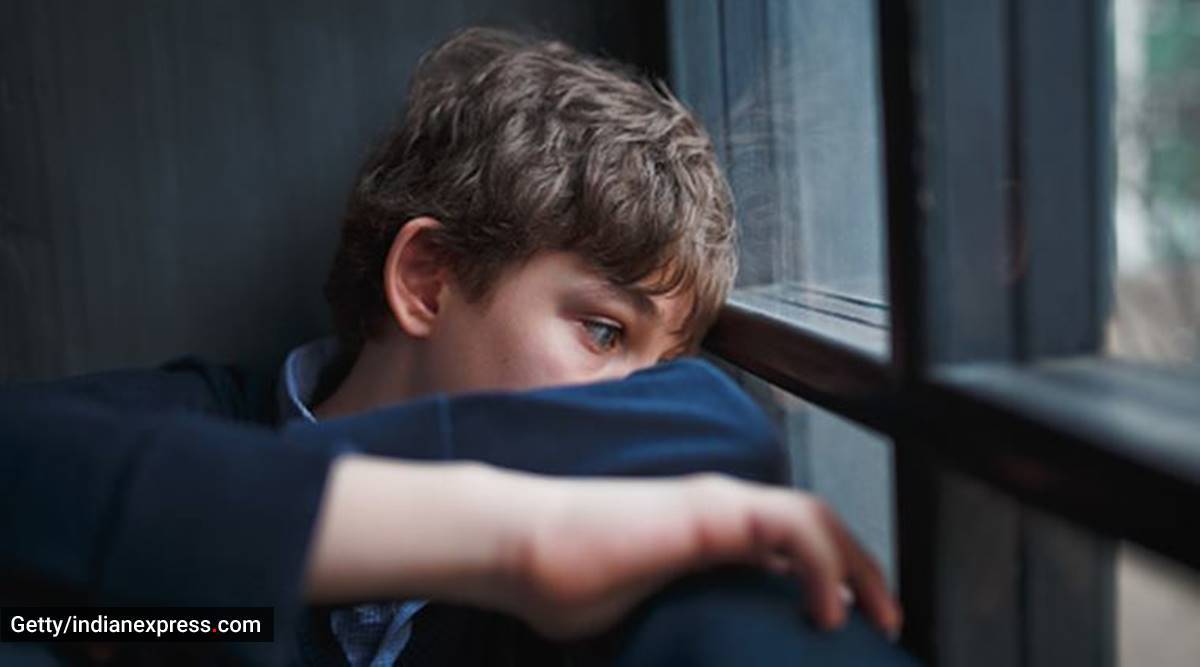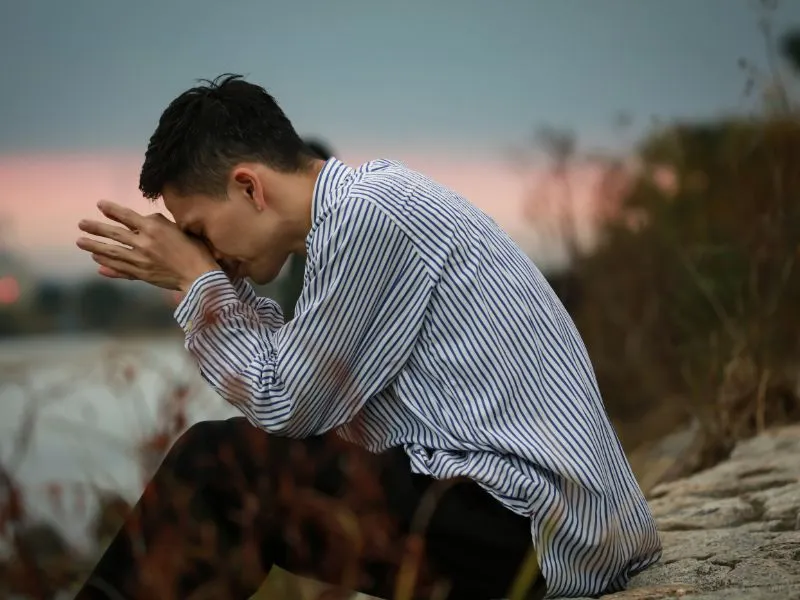The distinction between what can be classified as clinical depression and what cannot be confusing. Usually, when people wish to express that they are sad, they tend to use the word ‘depressed’. But there is a difference between sadness and depression.
Clinical depression or major depressive disorder, usually called depression, is a mood disorder in which a person experiences feelings of sadness and loss that interfere with their general well-being and daily functioning. The emotion of sadness is a big part of the disorder, however, there is more to depression than just that.
A person may feel sad because of a variety of reasons; the death of a loved one, stress at work or school, a fight with a family member or friend, or some other event. An event like this can push a person into depression. However, a person suffering from depression may feel a general sense of sadness and hopelessness without the occurrence of any such situation too. The sadness is also accompanied by excessive guilt, hopelessness, loss of energy, and various other symptoms.
Depression is a disorder that can impact anyone, and at any time. Statistics tell us that depression is the second leading cause of death in the world. Therefore, it is extremely important to receive timely treatment for the disorder.
When to consult a therapist?
Psychologists and therapists deal not only with clinical disorders but with general well-being as well. A person can consult a therapist whenever they want to, just to talk and discuss their daily problems that may be causing them stress. The general rule is that when your emotions are causing you a significant amount of distress, which has started to interfere with your daily life, is overwhelming, and you aren’t able to cope, you should seek professional help.
If you experience symptoms such as depressed mood, feeling uninterested in activities, change in appetite, difficulty sleeping, indecisiveness, restlessness, hopelessness, and fatigue, you may be suffering from depression. In this case, you should definitely reach out to a therapist.
What can your Therapist Help you with
Your therapist can prove to be extremely helpful in helping you deal with your emotions and helping you fight depression. Your therapist can
- Provide treatment in the form of therapy and medication
- Help you learn how to manage negative emotions in a better manner
- Help you recognize negative thought patterns
- Help you learn healthier behaviors and thinking patterns
- Teach you healthy ways to cope
- Teach you how to take care of yourself



